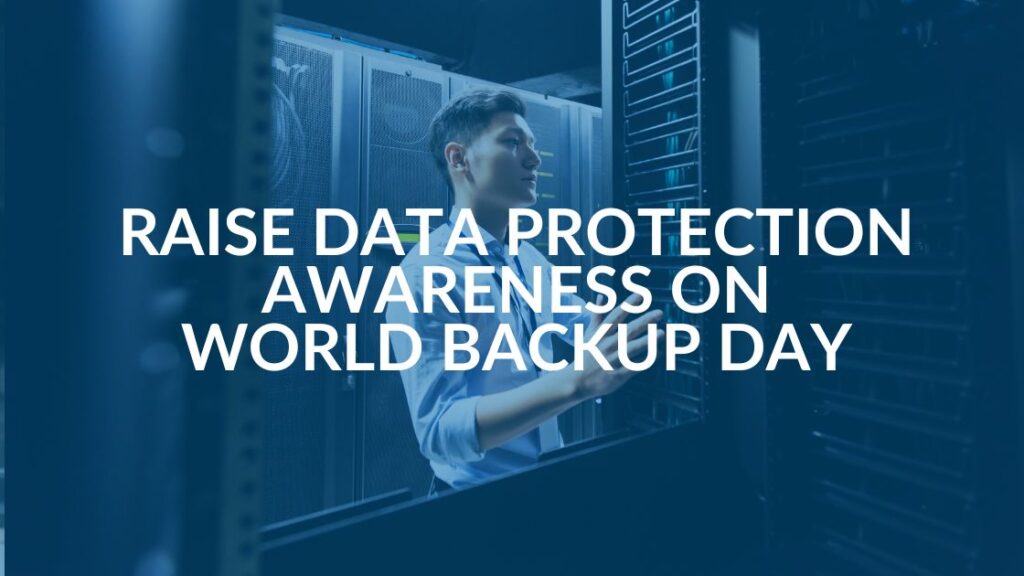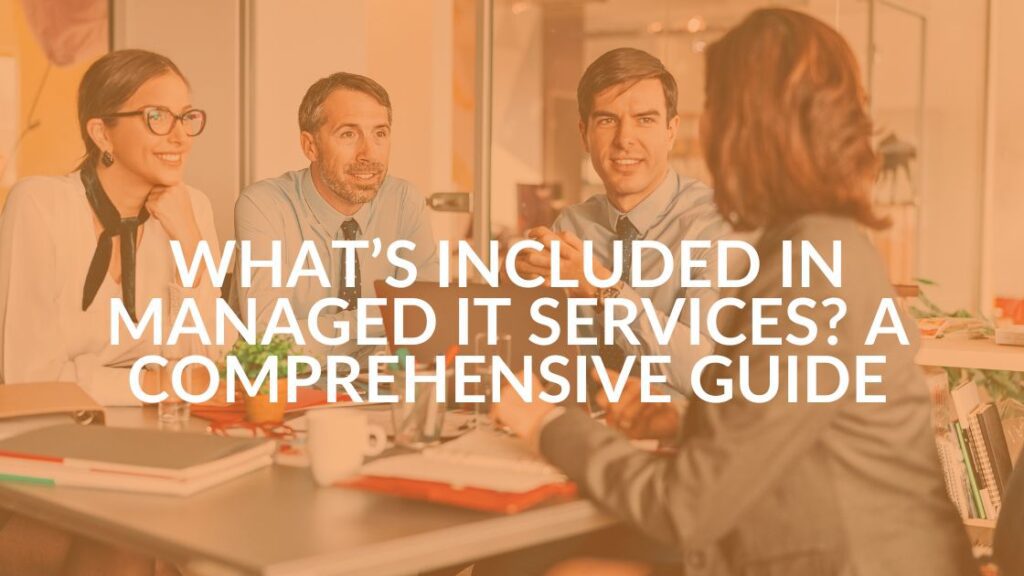Serial Employee Stock Ownership Plans and Entrepreneurship
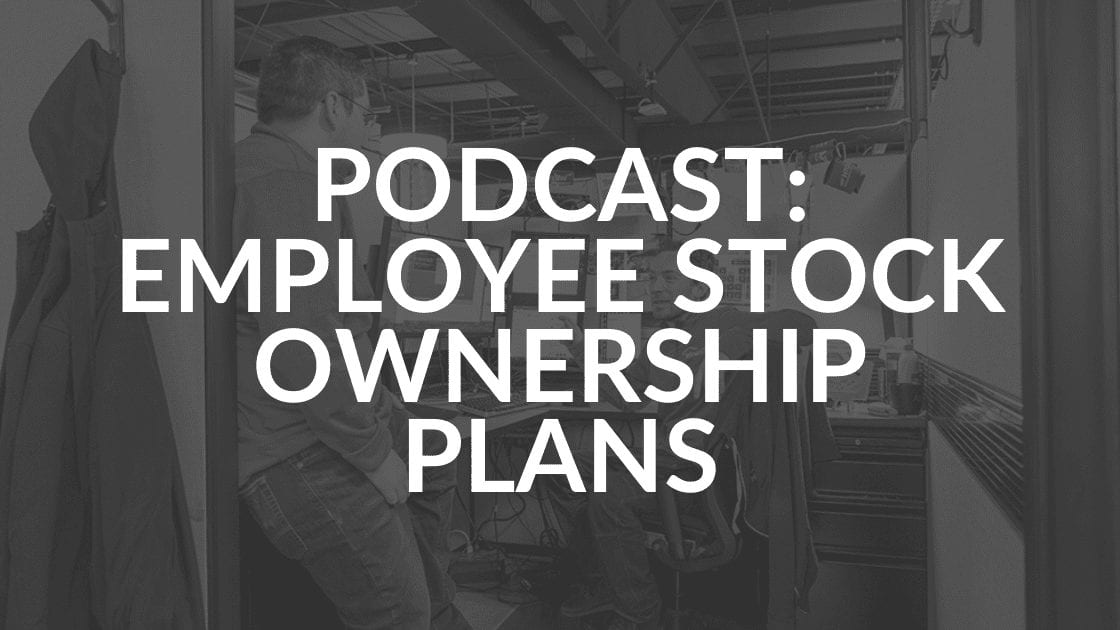
Fifty by Fifty, an organization that champions the goal of 50 million employee owners in the U.S. by 2050, recently interviewed Intrust founder Tim Rettig on the Owners at Work podcast. During the interview, Tim discussed his vision of entrepreneurship that involves repeated investing in new companies then moving those companies toward employee stock ownership plans (ESOPs).
It’s part of a trend: Across the country, entrepreneurs and investors are working to improve the economy and reduce income inequality by buying companies from retiring owners, investing in those companies, modernizing them and empowering the employees to become the owners.
After seeing his father sell his software company to its employees, Tim was inspired to do the same for Intrust IT. Intrust’s employee stock ownership plans came to fruition in 2019. After that transition, Tim purchased a local staffing agency, now known as Staffanation, with the goal of transitioning it to employee ownership over the next five to 10 years.
Benefits of Employee Stock Ownership Plans
On the podcast, Tim discusses many of the benefits of an ESOP. Among them the ability to keep a company that’s sold in its current location, which helps local economies. He also touches on the significant emotional and motivational impact on employees when a company changes ownership.
In the podcast, Tim talks about the role open book management plays in employee stock ownership plans. As its name implies, this type of financial management gives employees greater insight into company workings and uniquely prepares them to become owners. The importance of communication, especially when a company changes hands during a pandemic, is also discussed in the podcast.
To hear the entire episode, visit the Ohio Employee Ownership Center’s website here.
Share this Blog
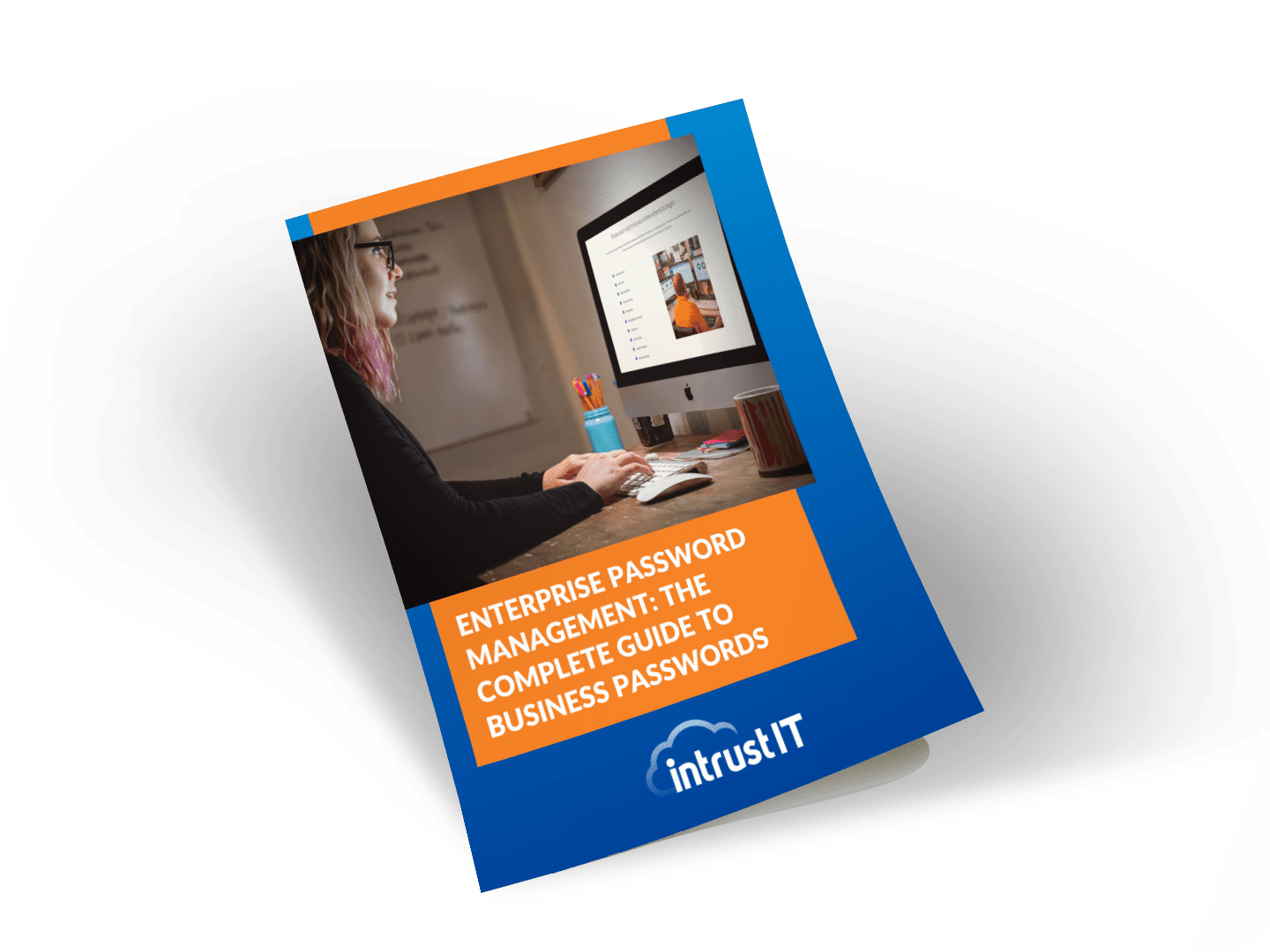
Is Your Name or Birthday a Part of Your Password?
If so, you’re a part of the 59 percent of people who don’t follow proper password hygiene. More than 70 percent of passwords are used for more than one system, meaning if cybercriminals crack one, they can access a lot more accounts.
Our free Enterprise Password Management Guide will give you the best password hygiene practices to help you secure your computer and your business.
Download the Guide
Explore the Latest Trends in IT

Edge vs Chrome Security: Which Is the Best Browser for Your Business?

Unlocking Security: The Power of Password Managers and Passkeys for Business Professionals
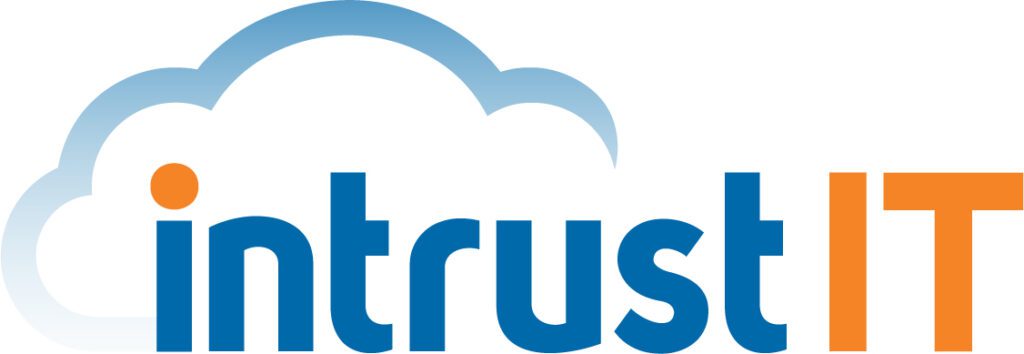
Intrust IT Acquires Commercial IT Support Division of Entegrity Consulting Group
